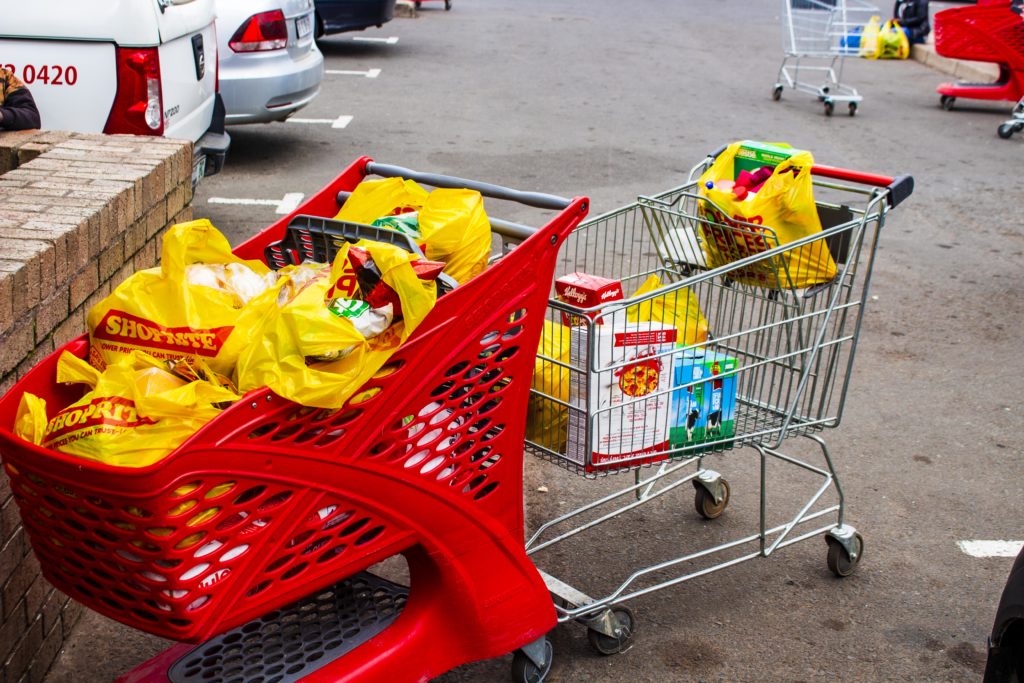By TUSANI MNYANDU
“Yes definitely. our groceries have increased by roughly R1500 since the lockdown started.” B.Com Honours Accounting student *Nomzamo Novukela, who lives in Extension 7, was answering the question, “Have you noticed any price increases in groceries and if so by how much?”
The Household Affordability Index (HAI) for August 2020, released on Wednesday last week indicates that that the cost of the Household Food Basket increased by a staggering 13.2% (R403.46) compared to August last year, and increased by 1.7% (R57.85) since July.
The report goes on to show that, in August 2020, families like that of Nomzamo, with seven members, underspent on basic nutritious food by 21% (R933.85). This is due to having to pay for two unavoidable expenses: transport to work, and prepaid electricity. These core expenses take up 55.6% of the National Minimum Wage (NMW) of R 3321.60.
The Household Affordability Index is a monthly report produced by the Pietermaritzburg Economic Justice & Dignity group, a civil society organisation founded in July 2018 and based in the KwaZulu-Natal capital. It has been designed in conversation with women and focuses on the affordability crisis facing households living on low incomes. The Index looks at their wages and grants levels and compares this to the costs of goods and services those households need to live with dignity. Although the research is conducted around the town of Pietermaritzburg, it is relevant for all households across South Africa.
Nomzamo identifies with the findings of the report, as her family can be classified falling under those tracked by the index. The family has for many years been supported by the old-age pension of her grandmother and the stipends that she and her sister receive from their respective academic bursaries. Over above supporting their family, they still spend up to R500 every month on transport to and from campus.
On the same day the Household Affordability Index was released, StatsSA reported that Annual Consumer Price index (CPI) inflation quickened to 3.2% in July from 2.2% in June as lockdown restrictions continued to ease. The monthly increase was 1.3%, the biggest monthly rise since February 2016 when the rate was 1.4%. Uncertainty continues to plague the statistics agency, as it has postponed conducting the income and expenditure survey planned for this year due to cuts in their budget. That survey feeds into the CPI statistics.
Four days later, on 30 August, Stats SA postponed the release of the Quarterly Labour Force Survey for quarter 2 of 2020, citing challenges posed by Covid-19 restrictions. The report will be released before the end of September, according to the media statement. The survey will shed light on job losses during the lockdown. The survey for the first quarter, which was released in June, indicate that employment decreased by 38 000 to 16.4 million and the number of unemployed persons increased by 344 000 to 7.1 million.
* Nomzamo Novukela is not her real name.


